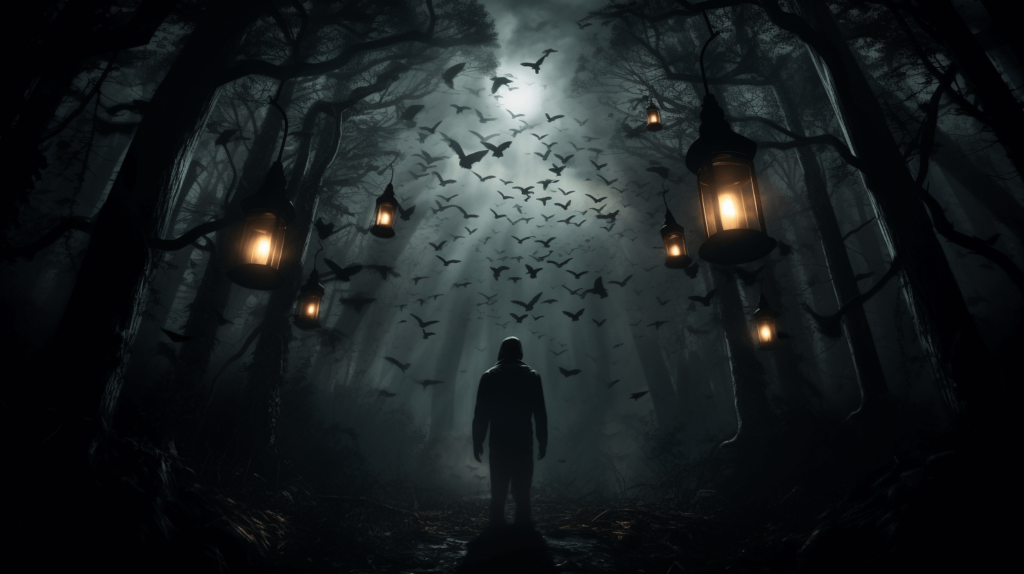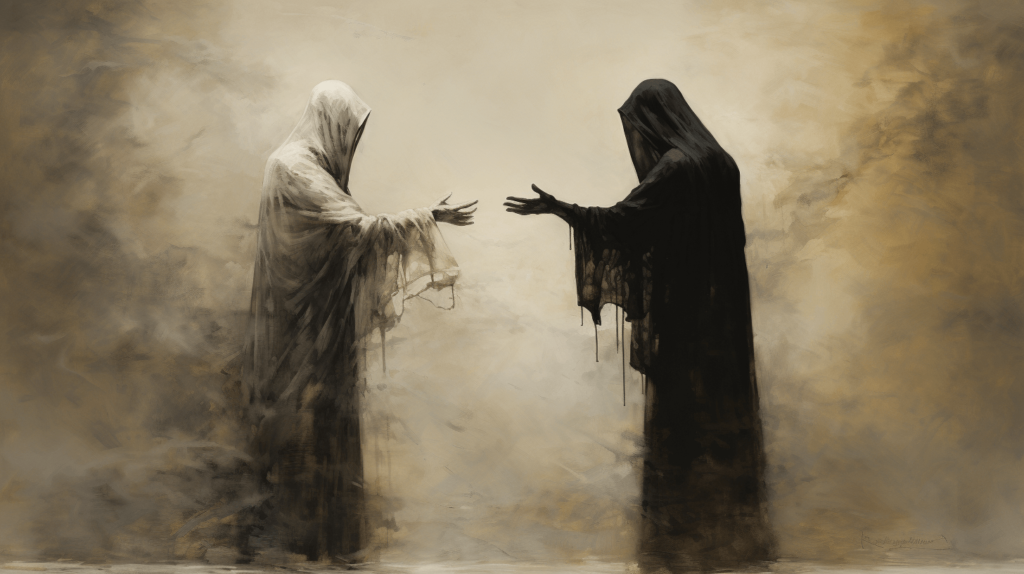Truth & Goodness
Sickles, Hammers, and Dollars: The Capitalist Miracle of “Red” Vietnam
01 March 2026

The renowned Japanese novelist, Haruki Murakami (born 1949), once stated, “Nothing in this world is as difficult to attain, yet as easy to lose, as trust.” Why, then, is trust such a formidable challenge for the modern individual? Isn’t it natural for members of the same species to trust one another, fostering mutual support?
In “Noah’s Child” by Éric-Emmanuel Schmitt (born 1960), two protagonists converse:
“Don’t lose hope. Trust is essential.”
“I detest trusting. It leaves me feeling vulnerable.”
This dialogue reveals two divergent views on trust. The statement, “I feel vulnerable when I trust,” captures a prevailing feeling among many today. Trust, for many, conjures feelings of defenselessness and exposure. It implies ceding control and relying on another’s judgment and support. More profoundly, it requires admitting moments of dependence on others, a realization some are not ready to accept.
However, trusting someone does not necessarily signify weakness or failure. Instead, it could represent a courageous act of seeking aid and goodwill from those with genuine intentions, caring for our well-being.
Prominent Polish philosopher Józef Tischner (1931–2000) posited: “Trust binds individuals together. It signifies the ability to depend on another in both ordinary and pivotal life moments.” Thus, trust encompasses both the belief and assurance that one can rely on someone else. By trusting, we entrust a portion of our lives to another person, hoping we will not be exploited or harmed.
Such commitment is not trivial. Trust inherently involves risk, and genuine trust evolves over time. Like other profound human experiences, trust develops steadily, demanding both patience and time. However, what if someone remains distrustful, even over minor daily affairs? Is it possible to nurture the connection Tischner spoke of in these conditions? Throughout our lives, we meet those hesitant or unable to trust. Might this hesitance originate from a deep-seated fear, previous bad experiences, or an overestimated self-belief? Perhaps it is a blend of many elements. While it is not our place to judge, it is vital to seek understanding and articulate our viewpoint.
Indeed, without a foundational belief in the integrity, veracity, and goodwill of others, life becomes infeasible. Daily, often subconsciously, we trust others, sometimes without realizing it. We eat at restaurants, entrusting our meals to strangers. We allow unfamiliar medical professionals to decide the fate of our loved ones. We trust pilots with our safety in the skies. A life without trust in others is simply unsustainable.

A crucial inquiry remains: how deeply do we trust others, and what determines this depth? Our experiences teach us that unwavering trust is reserved for a selected group, which is often limited in number. For the majority, trust is conditional, fluctuating based on our knowledge of the individual and the shared experiences we accumulate over time. Lucius Annaeus Seneca, the renowned Roman philosopher and orator from 4 BC–65 AD, wisely noted: ‘Both trusting everyone and trusting no one are erroneous approaches.’ While placing blind trust is naive, continuous distancing from others leads to unending suspicion and an escalating crisis in trust.
So, what shapes our inclination to trust or distrust? At its core, it depends on our view of human nature. If we believe the world is fundamentally good, and that individuals naturally exude honesty, kindness, and pure intentions, with only a minority deviating, we are more inclined to trust, even strangers. However, if we adopt a pessimistic view of human nature, seeing others as innate deceivers waiting for our fall to exploit us, trust becomes unattainable. Such a viewpoint creates a rift in our relations, founded on skepticism.

Suspicion is akin to a toxin. Once introduced, it contaminates from within. It gradually heightens our mistrust, often without valid grounds, diminishing the chance of building sincere relationships. Seneca believed suspicion stems more from presumptions than from factual knowledge, generating negative feelings like anger and irritation.
Yet, it is an essay by Francis Bacon (1561–1626) that illuminates this topic with timeless clarity. He wrote, “Suspicions, to thoughts, are as bats to birds: navigating in the dark. They must be controlled or closely monitored, for they darken the intellect, estrange friends, and obstruct endeavors, making smooth progress elusive. They incline kings toward tyranny, men to envy, and the wise to hesitancy and gloom. These are not heart defects, but cerebral ones, affecting the minds of even the strongest of characters.”
Bacon emphasized not only that suspicions confine individuals to a realm of darkness, but also, more critically, prevent the creation of new bonds. This mindset hampers personal growth and thwarts the pursuit of aspirations. The true cost of such distrust is self-imposed isolation. This results in a vast emptiness, perhaps occupied by activities bringing superficial gains, but most importantly devoid of authentic human connections.
Considering the wisdom of these seminal thinkers, it seems prudent to confront our demons. Favoring creation in life over withdrawal becomes essential. Renowned Polish poet Halina Poświatowska (1935–1967) echoes this sentiment with the following words: “Give me your hand; let us retrace our shared steps. Let me guide you once more.”
Read more on Holistc News
Truth & Goodness
01 March 2026



Zmień tryb na ciemny